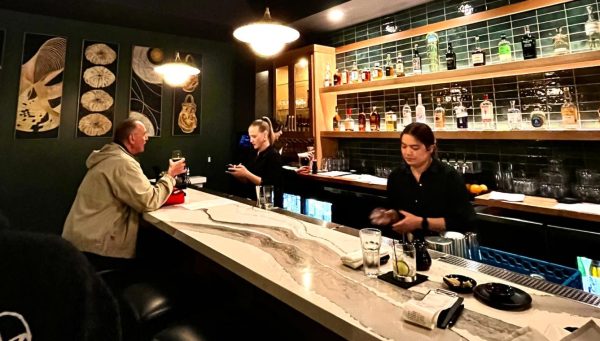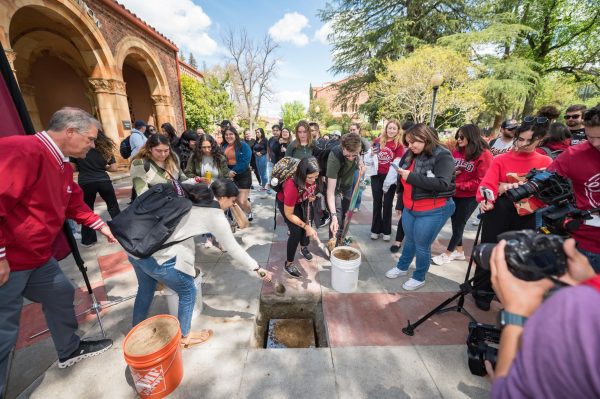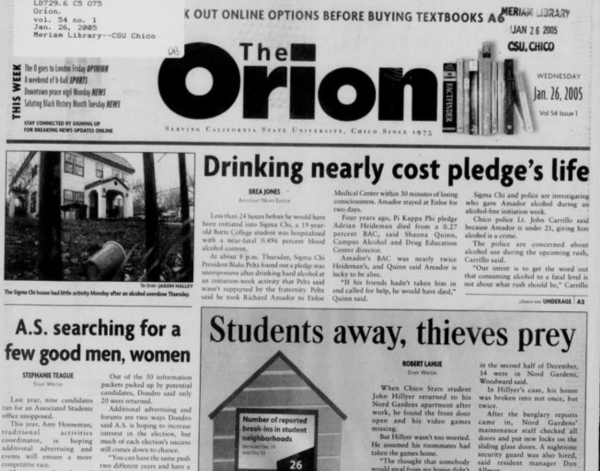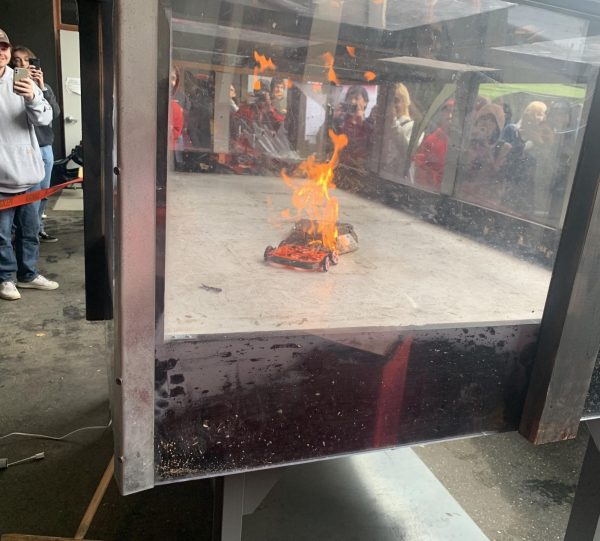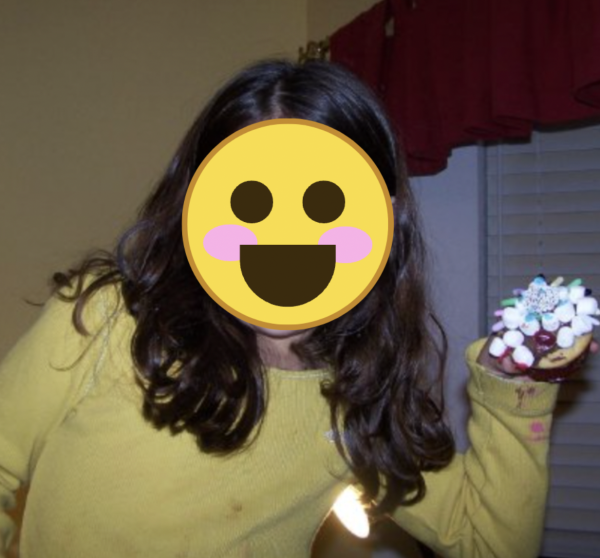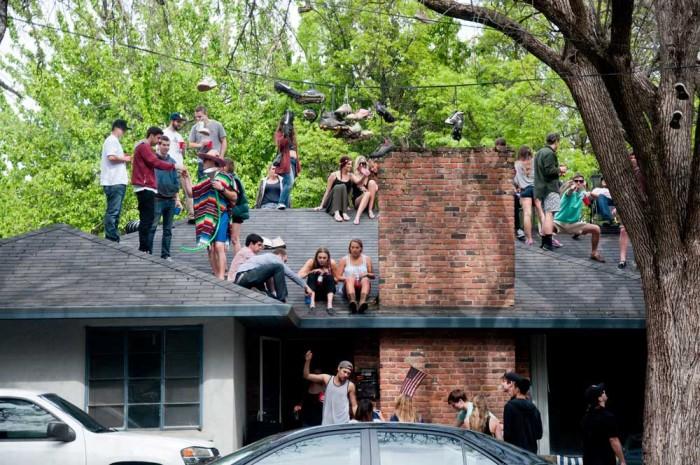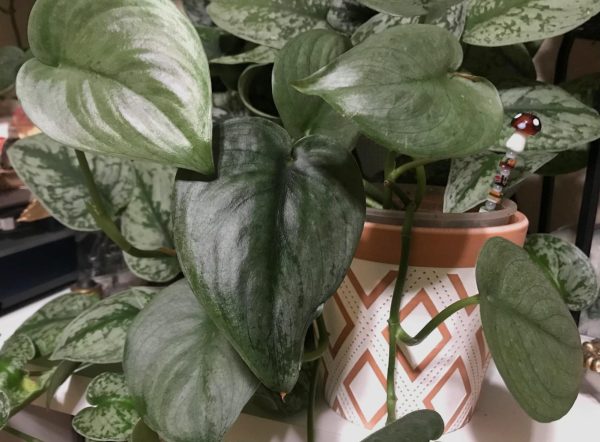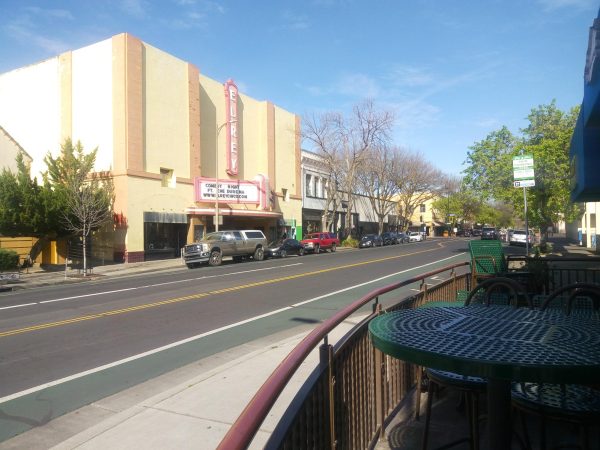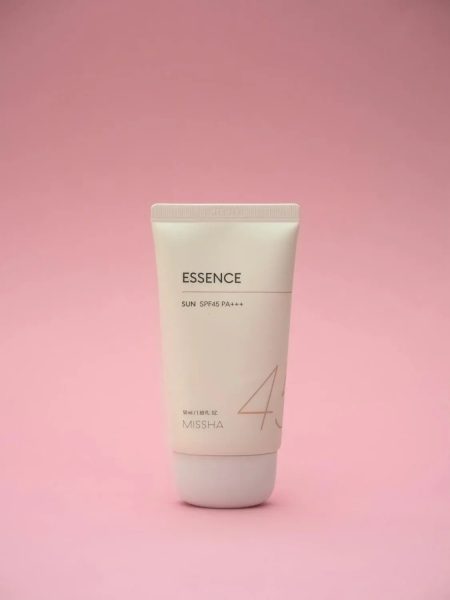Fearing for my father’s life
A forced breath in, the rise of a chest in an almost disturbing and unnatural cadence, then a forced breath out. A helpful yet utterly haunting precession of air forced into a body that can’t do it on it’s own.
You know it’s helping the person you love, but the morbid scene burns into your retinas to be played on repeat when you close your eyes to sleep. A breath in, a breath out. There is no comfort to be found in these moments, but you latch onto a warm hand with no life to it.
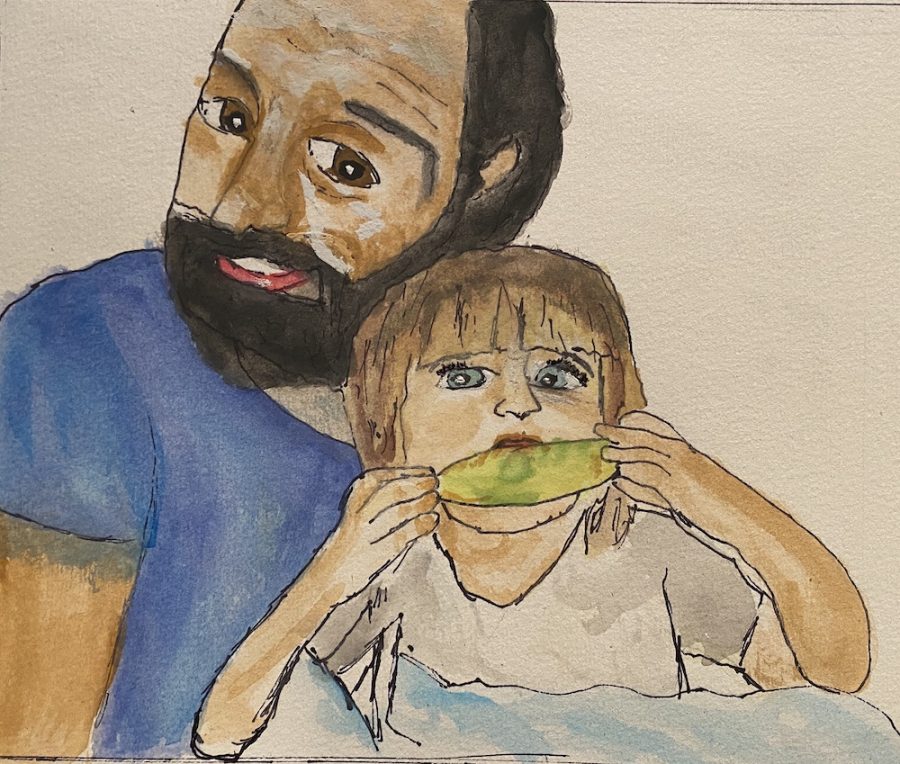
Maybe if I hold on to you and say sweet words around gasping breaths and fat tears you’ll open your eyes. They’ll take you off the ventilator and we’ll all laugh about how this was some type of elaborate joke.
Wishful thinking is unfortunately accurate to its name, wishful and lacking the outcome you demand to transpire. You stay as long as you can, but eventually the kind nurses in the ICU tell you to go home because there is nothing you can do.
This moment in my life transpired two years ago before COVID-19 was even a thought on anyones mind. I was finishing up finals when my father was taken to the emergency room as he struggled to breathe. It was through this harrowing event that we discovered my father has an extremely rare autoimmune disorder.
It is easily arguable that my father has played a losing game of genetic Russian roulette. He’s almost deaf in his left ear, he can’t really smell and required a pacemaker by his early 30s.
After months of confusion and unnecessary treatments, we discovered my father had Eosinophilic Granulomatosis with Polyangiitis (EGPA). It’s an extremely rare autoimmune condition that causes inflammation of small and medium-sized blood vessels in a person with a history of airway allergic hypersensitivity.
His airways can become inflamed, leading to asthma. This creates high numbers of eosinophils which cause tissue damage, predominantly to the lungs. If left untreated this can cause eventual cell death and can be life-threatening. My father now requires a monthly medication in the form of a shot.
The CDC website states that COVID-19 can affect your respiratory tract (nose, throat, lungs), cause an asthma attack, and possibly lead to pneumonia and acute respiratory disease. Hearing this, all I can think about is will I have to relive what happened two years prior, but without the comfort of holding my father’s hand?
He’d always been the backbone of the family. We’d joke about how nothing would get done if he weren’t around. Then it almost happened and the joke wasn’t as filled with mirth as we’d previously thought.
Now you’re wondering, why the hell is any of this important? Under normal circumstances none of this would matter to any of you, but with the continued rise and uncertainty of the COVID-19 pandemic I’m making the argument that it does and should matter to you.
We keep talking about how COVID-19 is affecting older generations, but we seem to be side stepping all the diverse age ranges of those suffering with autoimmune issues. For younger people, UC San Francisco epidemiologist Jeff Martin, MD, MPH, pointed out that anyone who becomes infected can spread the virus to an older person or someone who is immunocompromised.
“An estimated 60 percent of all Americans have at least one chronic health condition, and 40 percent have more than one,” said New York Times reporter Roni Caryn Rabin. “Heart disease, cancer, diabetes — all of these can exacerbate a coronavirus infection, studies show, increasing the odds of severe disease and death.”
We often think of chronic health conditions as a medical issue that only those over the age of 65 deal with, but they are also commonly found in Americans under 65. People with compromised immune systems are especially vulnerable to respiratory infections. That group includes those who have autoimmune disorders such as lupus and arthritis, those who have had organ transplants, patients undergoing chemotherapy and other cancer treatments, and anyone who is taking steroids as treatment.
I am suddenly confronted with the very real and unavoidable truth that how my community acts within these chaotic times could affect my family dynamic. My family can take extra precaution, but sooner or later any one of us will come into contact with others. They may not see the danger that I do and will go about business as normal.
To think that someone I may not know at all could so easily and simply end my father’s existence is to see how immensely fragile and precarious our lives are in this world. Even more frightening is the thought that my reckless actions could lead to my father’s death.
“Social distancing now is one of the greatest calls for altruism,” Martin said. “People aren’t asked to do this to protect themselves, it’s really to protect those who are most susceptible.”
There are 16 confirmed cases of coronavirus in Butte County with luckily no deaths as of currently statistics and information. And while these numbers comfort me now I know it is unlikely they will stay that way. There are 675,243 confirmed cases of coronavirus in the United States as of April 16 with 34,562 deaths, and the number keeps increasing.
“People need to understand that this is really, really serious,” said UC San Francisco epidemiologist George Rutherford, III, MD. “It’s up to you to not get infected and to not infect others. Prevent infection by staying in your house, washing your hands, avoiding people who are sick. Society needs your help.”
As someone who lives in a household with someone who is autoimmune deficient, I please beg you to think outside of yourself. Your choices have the ability to affect my life and others around you for the rest of their lives.
“I realize the advice is difficult to do,” Rutherford said. “But it’s life-saving – not necessarily for you if you are 30 years old and healthy, but maybe for your parents, and certainly for your grandparents.”
